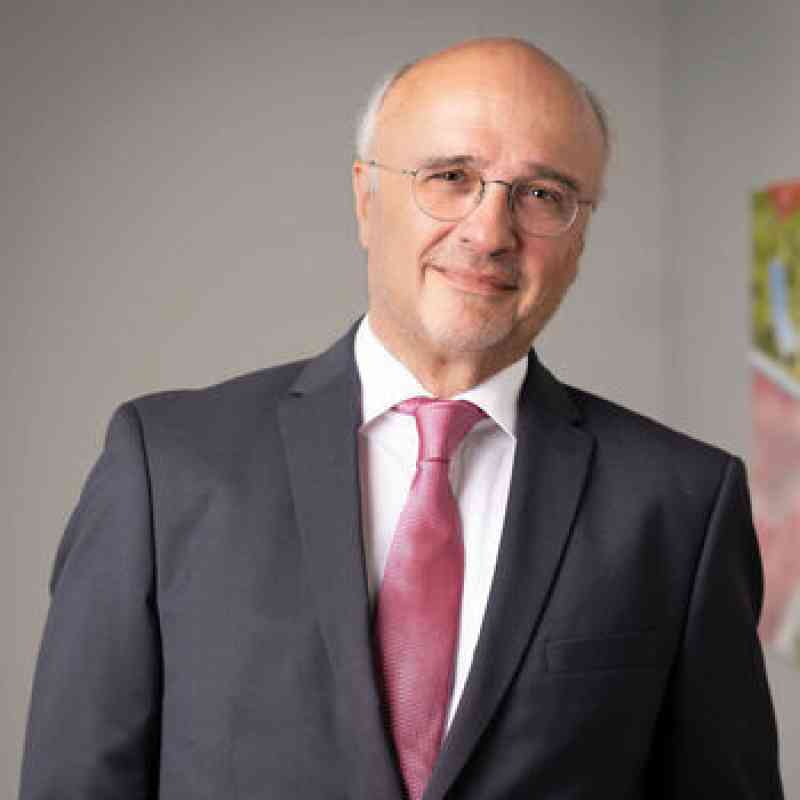European Commission Publishes New IPCEI Communication
Strengthening Transparency and Participation of Small and Mediumsized Enterprises in Important Projects of Common European Interest
On 25 November 2021, the Commission published the final version of its revised IPCEI Communication (press release). From a practitioner’s point of view, the Commission has not eliminated all the ambiguities that are linked to the application of the legal basis for Important Projects of Common European Interest (IPCEI). However, the new IPCEI Communication provides both companies and Member States with updated guidance, facilitating and further promoting the implementation of large-scale, transnational projects such as the much-discussed IPCEI on hydrogen.
Background: Member States have the possibility to subsidise IPCEIs, provided that the IPCEI project and the intended State aid have been approved by the Commission under Article 107(3)(b) TFEU. Since 2014, relevant criteria for the IPCEI project aid approval have been set out in the (first) IPCEI Communication that will now be replaced by the updated Communication on 1 January 2022. The IPCEI Communication 2014 has been applied to so-called R&D&I (research and development and innovation) projects, namely in the field of microelectronics (December 2018) and in the battery value chain (December 2019 and January 2021), but also to large-scale infrastructure projects (Fehmarn Fixed Belt, March 2020). The Communication 2014 also received considerable attention from innovative industries like hydrogen.
The major challenge for companies interested in receiving State aid connected with an IPCEI is that the project as such and the relevant State aid measure must undergo a detailed and time-consuming examination under EU State aid law involving not only the authorities of the Member State granting the aid but also those of other Member States. For such (typically high-volume) subsidies to be approved and, thereby, exempted from the ban on implementation of State aid measures, strict requirements pursuant to EU State aid law must be observed. In particular, several Member States must participate in an IPCEI, and significant spill-over effects must be demonstrated, i.e., a positive impact of the project beyond the participating Member States, companies, and sectors.
Compared to the IPCEI Communication 2014, the new IPCEI Communication introduces the following changes:
- Alignment with the EU’s objectives: The IPCEI Communication underlines the EU’s current objectives and strategies, such as the European Green Deal, the Digital Strategy, the New Industrial Strategy, the EU Health Union and the so-called NextGenerationEU.
- Strengthening the open nature of IPCEI funding: All Member States must be offered a real opportunity to participate in IPCEI projects. Thus, the Commission will now make approval conditional on the project being transparent and inclusive, and on the participation of usually at least four Member States.
- Participation of start-ups and small and medium-sized enterprises (SMEs): In future, start-ups and SMEs will be subject to specific conditions within the framework of the compatibility assessment that facilitate their participation, such as the consideration of all circumstances that indicate that the State aid (only) entails a lower risk of affecting competition.
- “Do no significant harm”-principle: Notified projects must be environmentally sustainable - based on the EU Taxonomy for classifying sustainable investments.
- Combination of funds possible: In the future, a combination of funds from different (EU and national) sources will be possible for IPCEI projects if the total amount of aid does not exceed the most favourable funding rate.
- Specific project-related criteria: In future, infrastructure projects must ensure non-discriminatory (network) operation. For projects to qualify as First Industrial Deployment (FID)-projects, merely regular (technical) upgrades will not be considered as sufficient. Rather, new services with a high research and innovation share and/or the introduction of a fundamentally innovative production process must be part of the project.
- Subsidies may not require relocation of production activity: In cases where the granting of State aid is made dependent on the aid recipient relocating its production or other activity from another EEA country to the territory of the relevant Member State granting the aid, the chances of the aid being approved will diminish in future. Even if the number of jobs lost in the original EEA establishment of the aid recipient is small, the Commission will consider such an incentive to be an impairment of the internal market, which generally cannot be compensated for by the project’s positive effects.
Furthermore, in the new IPCEI Communication, the Commission explicitly reserves its right to ask Member States to implement a recovery mechanism to ensure that State aid granted remains proportionate and limited to what is necessary.
The Commission emphasises that IPCEIs should be a powerful instrument for the effective promotion of the European economy and society, but, at the same time, tightens the already tough requirements for such projects to be approved. Once again, the Commission avoided providing conclusive answers to the questions that are usually most pressing in practice, e.g., on the unambiguous definition and delimitation of FID projects (also with a view to mass production).
In future, meticulous preparation of IPCEI funding applications (including drafting the counterfactual scenario) will even be more important than before, as chances of success for approval of the State aid and thus the implementation of the project will rely heavily on aforementioned factors.
*****
The Chatham Partners‘ EU COMP team has longstanding expertise in complex State aid matters and has, i.a., advised on specific IPCEI issues. Please do not hesitate to contact us to discuss your State aid related inquiries.
IPCEI Communication 2021 – German
IPCEI Communication 2021 – English


